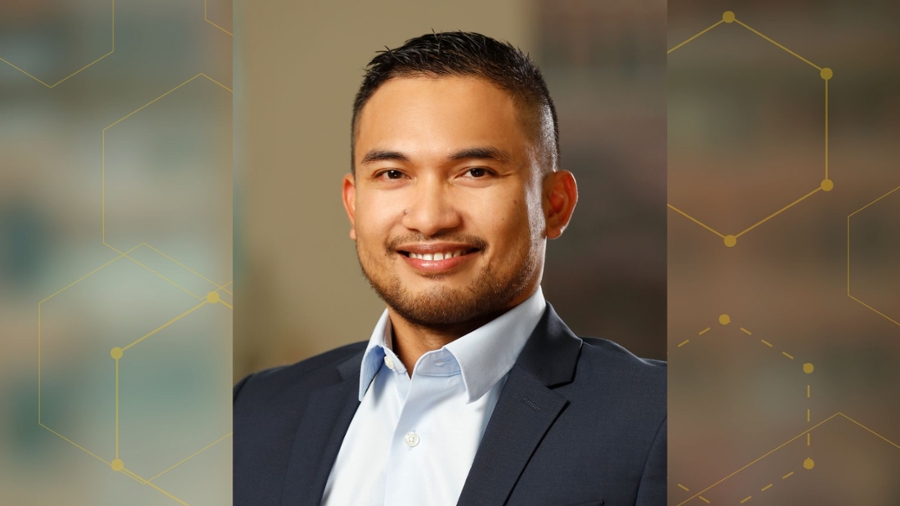Meet Our New Faculty: Sukardi Suba Looks to Data Science to Advance Cardiac Care Delivery
By Gianluca D'Elia
Thursday, August 17, 2023

Since the early days of his career as an intensive care unit (ICU) nurse in Indonesia, Assistant Professor Sukardi Suba, PhD, RN always had his sights set on pursuing nursing research.
While working at a hospital, he thought to himself that he’d study sepsis in ICU patients if he were a nursing researcher. Then, he discovered an interest in cardiology during his graduate studies, which eventually led him to Rochester.
Now, as he makes the transition from postdoctoral research associate to full-time faculty at the University of Rochester School of Nursing, Suba is focused on taking his work to new heights. For the past two years, he worked under the mentorship of Professor of Nursing Mary G. Carey, PhD, RN, FAHA, FAAN, focusing on enhancing the timeliness of coronary angiography for patients with acute coronary syndrome.
“There is a strong focus on helping faculty grow here and investing in their individual development, and that’s what I feel is really important,” Suba said. “The leadership’s commitment to helping us succeed stood out to me during my postdoc.”
His research also explores the clinical significance of arrhythmia alarms generated from continuous ECG monitoring in adult ICU patients and their impact on nurses’ alarm fatigue. Additionally, Suba investigates the predictive utility of continuous ECG data on in-hospital cardiac arrest.
It’s an exciting time for cardiovascular research at the University. This area of research has expanded at the School of Nursing in recent years, thanks to the addition of Suba and fellow cardiovascular nurse scientist Dillon Dzikowicz, PhD, RN, PCCN as its newest junior faculty members; the arrival of new Dean Lisa Kitko, PhD, RN, FAHA, FAAN, who has researched the experiences of people with advanced heart failure and their caregivers; and growing interest in the specialty among current PhD students.
“Dr. Suba represents the next generation of researchers in ECG,” said Carey, who also leads Strong Memorial Hospital’s Clinical Nursing Research Center. “My generation spent time teaching computers how to read the waveforms on an ECG. Now, the next generation is focusing on how to extract more information from ECGs to help clinicians.”
Learning how to fully read an ECG can take several years for any clinician, especially while working in a fast-paced clinical environment. Having experts like Suba at the University helps move new discoveries to patients at a more accelerated pace.
Pursuing a master’s degree as a critical care/trauma clinical nurse specialist brought Suba to the U.S. in 2014. He had initially expected to return home afterward, until a research assistantship focused on electrocardiograms (ECG) opened up shortly before Suba was about to graduate from the University of California, San Francisco (UCSF). He stayed at UCSF and worked alongside Michele M. Pelter, PhD, RN, FAHA, director of the School of Nursing’s ECG Monitoring Research Lab, and completed his PhD in Nursing Science there.
During his doctoral studies at the UCSF, he earned the Distinguished Dissertation Award in Nursing and a spot on the School of Nursing’s 40 Under 40 list. While he was a postdoctoral associate, Suba was recognized by the Rochester Academy of Medicine with its 2022 Distinguished Service in Early Career Award. Suba is also a recent recipient of the URMC Clinical & Translational Science Institute’s Faculty Pilot Award for the study “Significance of symptom onset-to-angiography time in non-ST-segment elevation myocardial infarction.”
As a new tenure-track assistant professor, Suba looks forward to collaborating with fellow junior faculty members at the School of Nursing, and with colleagues at the Goergen Institute for Data Science and Artificial Intelligence (GIDS-AI), the Medical Center, and other parts of the University.
Categories: Research

